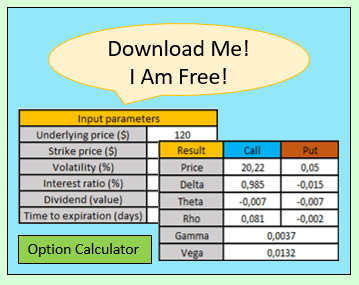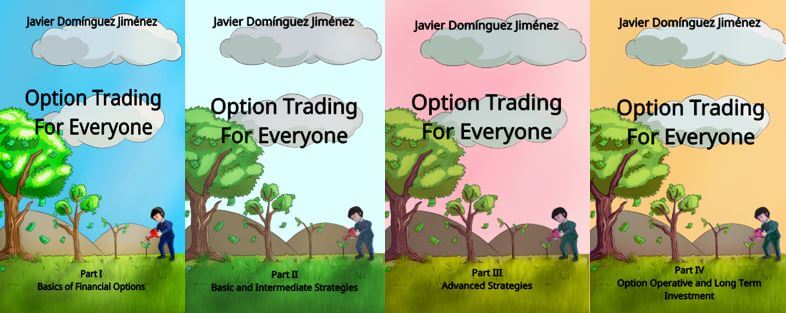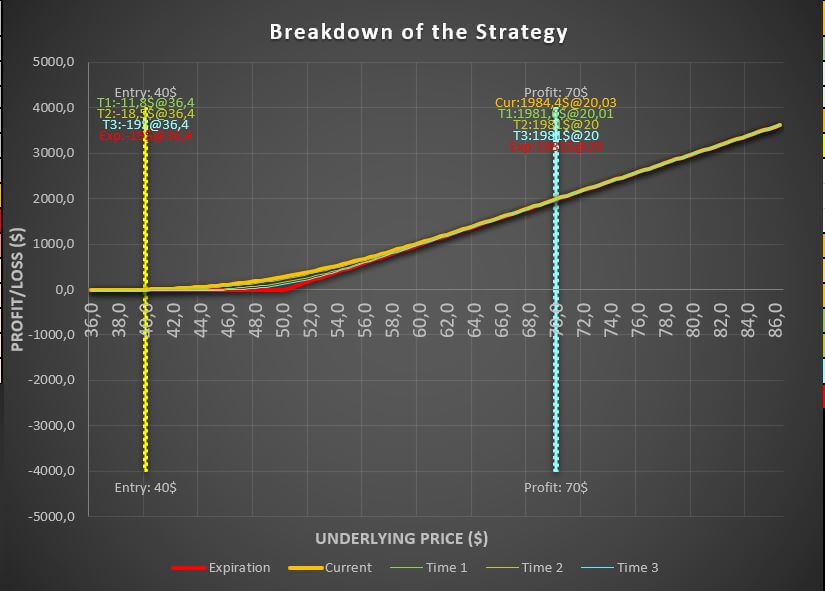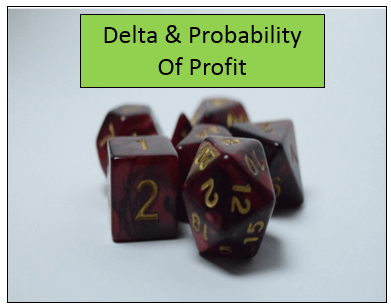Understanding Financial Options: What Are Financial Options and How Do They Work?
Financial options are derivative instruments that allow individuals to buy or sell a financial asset at a predetermined price in the future. These options come in two forms: call options, which provide the right to buy, and put options, which grant the right to sell.
Their value is influenced by factors like volatility, interest rates, and time until expiration. In this article, we will explore what financial options are, their purpose, different types available, and recent market trends.
What Are Financial Options?
Financial options are powerful financial instruments that provide individuals with the opportunity to engage in strategic investment and risk management strategies. By granting the right to buy or sell various financial assets at predetermined prices within specified timeframes, these options offer flexibility and potential profit.
In this section, we will delve into the purpose of financial options, exploring their role in shaping future financial decisions.
Understanding the Purpose of Financial Options
Financial options serve multiple purposes in the world of finance. They offer investors the ability to hedge against unfavorable price movements, minimizing potential losses. Additionally, these options enable speculators to exploit market opportunities and generate substantial returns on investment.
Moreover, financial options provide a means to control underlying assets without holding them physically, making them highly efficient tools for capital management and portfolio diversification. Whether used for protection, speculation, or strategic positioning, the purpose of financial options is to enhance financial decision-making and optimize investment outcomes.
Exploring the Relationship between Financial Options and Future Finance
The world of finance is dynamic, with market conditions constantly evolving. Financial options play a pivotal role in anticipating and managing future financial scenarios. By providing the right to buy or sell assets at predetermined prices, these options allow individuals to navigate uncertain market conditions and capitalize on favorable trends.
Financial options enable investors to take advantage of changing interest rates, inflation rates, and market volatilities. They serve as crucial instruments for managing risk exposure, ensuring financial stability, and optimizing investment strategies based on evolving market conditions.
Understanding the relationship between financial options and future finance is vital for successful portfolio management and wealth accumulation.
Understanding the mechanics of a financial option is crucial to grasp its functioning. Let’s take the example of a call option on Company XYZ stock.
When an investor purchases a call option, they obtain the right, but not the obligation, to buy Company XYZ stock at a specified price, known as the strike price, within a predetermined period, known as the expiration date.
For instance, let’s assume the strike price is $100, and the expiration date is three months from the date of purchase.
If, during this period, the market price of Company XYZ stock surpasses the strike price of $100, the investor can exercise their call option. This means they can buy the stock at the predetermined strike price, regardless of the current market price.
By doing so, they can potentially profit from the appreciation of the stock’s value.
In this case, they
can choose not to exercise and let the option expire worthless.The loss then becomes limited to the premium paid to acquire the option.
The value of the call option fluctuates based on various factors, such as the stock price, time until expiration, volatility in the market, and interest rates. These factors contribute to determining whether exercising the option would be profitable for the investor.
Key Takeaways:
- A call option provides the right, but not the obligation, to purchase a specific asset at a predetermined price within a set timeframe.
- The strike price and expiration date are key components of a call option.
- If the stock price exceeds the strike price before the expiration date, the option holder may exercise the option and profit from the appreciation.
- If the stock price remains below the strike price or fails to reach it, the option expires worthless, limiting the loss to the premium paid.
- The value of the call option is influenced by the stock price, time until expiration, market volatility, and interest rates.
By understanding the mechanics of a financial option through this example, individuals can gain insight into how these instruments work and how they can potentially benefit from them in different market scenarios.
Do you need a Calculator that helps you create and analyze any option strategy in record time?
Types of Financial Options
Exploring Different Types of Financial Options
3.1.1 European Options European options are the most basic type of financial options. They give the holder the right to buy or sell the underlying asset at a specified price on the expiration date.
The exercise of the option can only be done on the expiration date itself. This type of option is commonly used in exchange-traded markets.
3.1.2 American Options American options, on the other hand, provide the holder with the right to exercise the option at any time before the expiration date. This flexibility allows investors to take advantage of favorable market conditions as they arise.
American options are also traded on exchanges.
3.1.3 Asian Options Asian options are based on an average price of the underlying asset over a specific period. They are often used to reduce the impact of short-term price fluctuations.
The average is calculated using different methods such as arithmetic or geometric averages, depending on the specific terms of the option.
3.1.4 Barrier Options Barrier options have a predetermined barrier price that, if reached, can either activate or deactivate the option. There are two types of barrier options: knock-in options and knock-out options.
Knock-in options become active once the barrier is reached, while knock-out options become void if the barrier is breached.
Investors predict whether the price of the underlying asset will be above or below a certain price level at a specific time.
These options are often used for short-term speculative trading.
By understanding the various types of financial options available, investors can explore different strategies and select the options that align with their investment goals and risk tolerance.
Latest News on Financial Options
Stay up-to-date with the latest developments and market trends on financial options. This section explores recent news and updates within the world of financial options.
Examining Recent Developments and Market Trends on Financial Options
1. Increased Demand for Options Trading The financial options market has witnessed a surge in demand as more investors are recognizing the potential benefits of options trading. This trend can be attributed to the flexibility and profit potential offered by these instruments.
2. Growing Popularity of Exotic Options In recent times, there has been a notable increase in the popularity of exotic options. Investors are showing a keen interest in options such as Bermuda options, Asian options, and lookback options.
These exotic options provide unique features and can be tailored to meet specific investment objectives.
3. Integration of Technology in Option Trading The advancement of technology has revolutionized option trading. Fintech companies are introducing innovative platforms and tools that enhance the trading experience. Automated trading systems, algorithmic strategies, and real-time data analysis have become integral parts of option trading.
Volatility and Its Impact on Options
Volatility plays a crucial role in the pricing and performance of options. Recent market volatility has presented both challenges and opportunities for option traders. Investors are closely monitoring and adapting their strategies to capitalize on potential market fluctuations.
Regulatory Updates and Reforms
The regulatory landscape surrounding financial options is constantly evolving. Recent updates and reforms by regulatory authorities aim to enhance transparency, improve investor protection, and mitigate systemic risks associated with options trading.
Do you need a Calculator that helps you create and analyze any option strategy in record time?
Educational Initiatives for Option Traders
Recognizing the importance of education in option trading, various organizations and platforms are offering comprehensive educational resources. These initiatives aim to empower traders with the knowledge and skills to navigate the complex world of financial options effectively.
- Webinars and Workshops: Options trading webinars and workshops provide traders with insights into advanced strategies, risk management techniques, and market analysis.
- Online Courses: Interactive online courses offer step-by-step guidance on option trading, covering topics from basic concepts to advanced strategies.
- Community Forums: Online communities and forums provide a platform for traders to share experiences, exchange ideas, and seek advice from seasoned professionals.
As financial markets continue to evolve, staying informed about the latest developments and market trends on financial options is vital for successful trading.
…..










